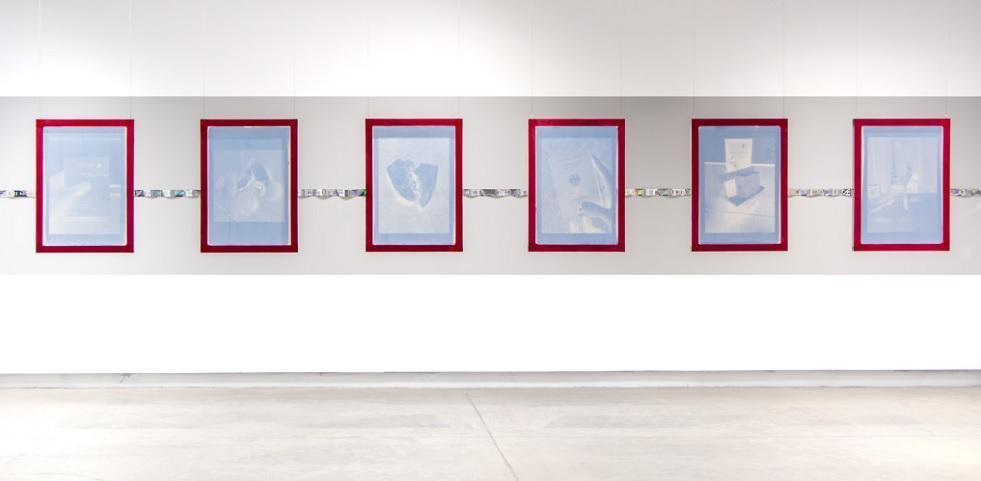
Within the scope of “The Sequential” program, developed with studio visits and artist conversations initiated in 2019 at SALT, Aykan Safoğlu’s exhibition “Recess” can be seen at SALT Galata.
Safoğlu’s practice is based on investigations of the formal and conceptual possibilities within the transitions between still and moving images.
In “Recess,” which is the last of The Sequential program, the artist draws on notions of indebtedness and asset borrowed from economics and looks at the reverberations of these terms in his own life story.
A prevalent motif in the background of the exhibition is the building that once served as Düyûn-ı Umûmiye (Public Debt Administration), overseeing the internal and external debts of the Ottoman Empire in the nineteenth century and later, in 1933, transformed into Istanbul Erkek Lisesi (Istanbul High School).
Through the concepts of gender, sexual orientation, and migration, the artist examines the traces of the German education and the strict discipline associated with the school.
In his recent photography-based works, Safoğlu transforms still images into “migrant images” as he defines them, using the techniques of cropping, rearranging, and scanning.
The artist shreds selected photographs from his personal albums and creates waves and vibrations by reassembling them on a scanner bed, moving them up and down, left and right. He references the ruptures in his family’s immigration narrative as well as his experiences in school by utilizing these movements in the film “Dog Star descending.”
In the installation “Zero Deficit [In Refusal],” he elevates the video to a monumental scale by installing photo strips and scans of various educational materials he associates with his school years into metal grids. Resembling graph notebooks or the coordinate system, the structure becomes a symbol for the German education system, his artistic training, and the bureaucracy in Germany where he moved after high school graduation.
Safoğlu fast-forwards and rewinds the story; the sporadic narrative he builds between the past and the future weaves personal and social memories together through the images that disperse, are reassembled, and resonate.
For the exhibition, the artist goes back to a site of memory he remembers from his route to school: As a student at Istanbul High School, Safoğlu used to pass by the Workers’ Monument at Tophane Park every day. Honoring the workers who went abroad, the monument was placed right across from the building of the Institution of Providing Jobs and Employees where the German Immigration Liaison Office was located for a time.
The artist witnessed the daily destruction of the statue in the 1990s when it was subject to numerous attacks, meanwhile the news on TV increasingly featured stories of violence organized by radical right-wing groups against Turks residing in Germany. Removed from the park in 2016 and missing since then, the artist revives the sculpture with his puzzle “Reunion” and alludes to a precarious and fragile existence.
Built on the same conceptual framework, the works “Depeche Mode” and “decrescendo” explore the potentials between movement, time, and space through various printmaking techniques.
“Recess,” which looks at the feeling of “emotional debt” that has developed in Safoğlu regarding structures that are indicators of power and authority from various perspectives, can be visited through April 24.